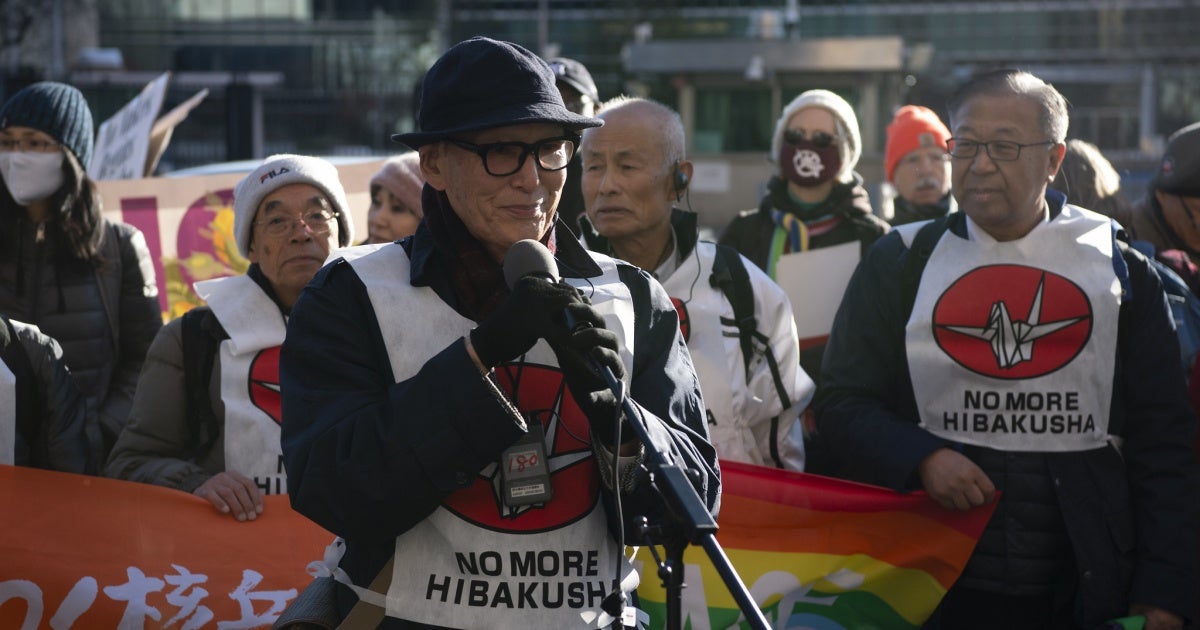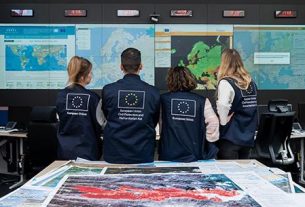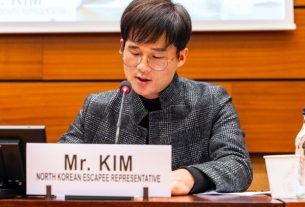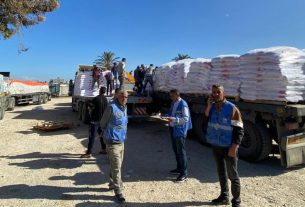The awarding of the 2024 Nobel Peace Prize to the Japanese organization Nihon Hidankyo acknowledges the central role of hibakusha (atomic bomb survivors from Hiroshima and Nagasaki) in working to eradicate nuclear weapons. Their resilience and determination have ensured the work to ban nuclear weapons will continue.
The 2017 Treaty on the Prohibition of Nuclear Weapons provides a crucial framework for eradicating these weapons. Today’s prize puts pressure on nuclear armed states, including the United States, and its nonnuclear allies, such as Japan and Norway, to sign and ratify the treaty.
The prize is a positive affirmation of the humanitarian disarmament approach forged by many since the International Campaign to Ban Landmines and its coordinator, Jody Williams, won the Nobel Peace Prize 27 years ago. It comes less than a decade after the Norwegian Nobel Committee awarded the Peace Prize to the International Campaign to Abolish Nuclear Weapons.
The Treaty on the Prohibition of Nuclear Weapons is one of five multilateral treaties that comprehensively prohibit an entire class of weapons, which were driven by humanitarian concerns. The treaty also requires parties to assist victims and remediate the environment affected by past use and testing of nuclear weapons.
Human Rights Watch prioritizes the “humanitarian disarmament” approach to dealing with weapons that cause unacceptable harm, including weapons that are invariably indiscriminate. This framing contrasts with traditional arms control and nonproliferation initiatives, which are driven by national security interests.
Humanitarian disarmament puts assisting people and dealing with humanitarian impact above all else. That necessitates close cooperation and partnership among governments, United Nations agencies, the International Committee of the Red Cross, and nongovernmental organizations that work in close collaboration through global coalitions.
A key lesson from humanitarian disarmament is that flawed consensus-based forums generally do not deliver. Therefore, the goal needs to be to address arms-inflicted human suffering and environmental harm through the establishment and implementation of norms that are achieved through inclusive processes.
Humanitarian disarmament makes it possible to address the extensive and intergenerational humanitarian impacts of armed conflict.
Proponents of humanitarian disarmament should be inspired by Nihon Hidankyo’s perseverance and survivor-based approach to governing weapons as they work to achieve a nuclear weapons-free world and to address other weapons of concern.



